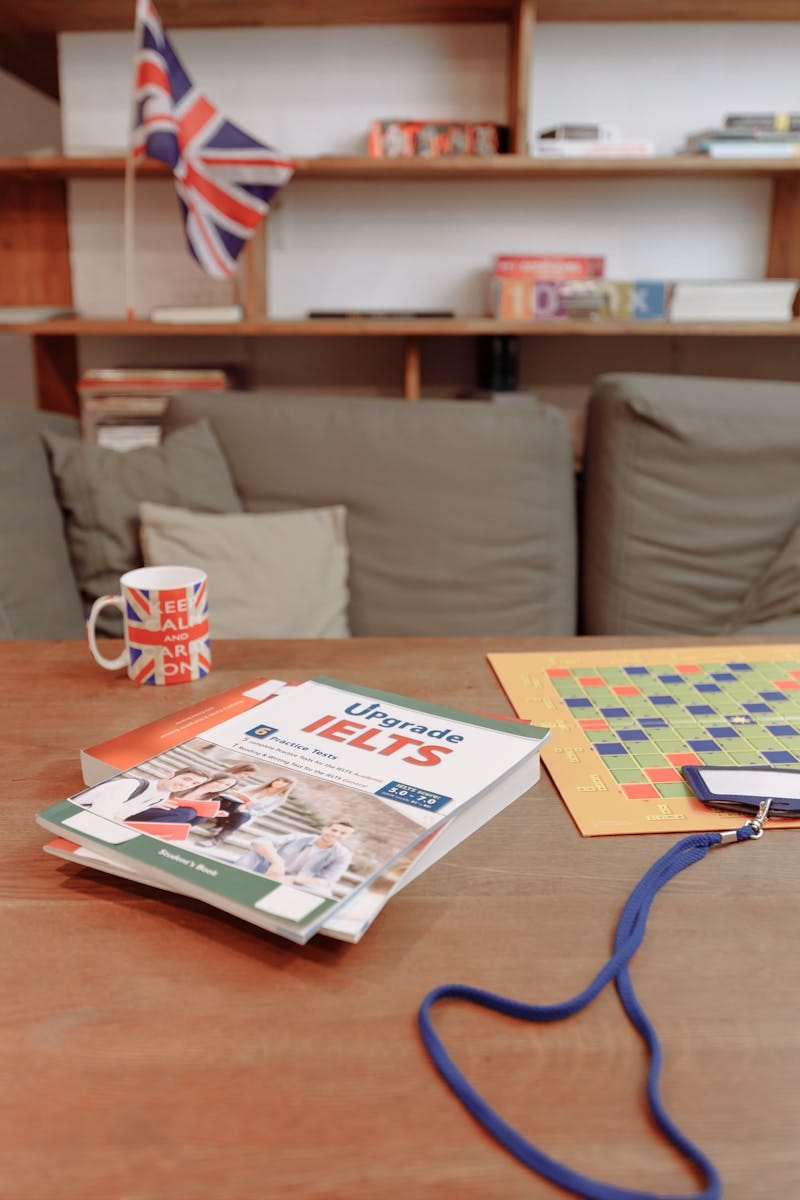
Taking the USMLE certainly does have its advantages, although it can be a complete nightmare to study for the various tests!
Focus Education Center of Canada trains students in the globally recognized language and post-graduate tests to obtain top scores. We assembled a detailed analysis of the USMLE at Focus Education Center of Canada, with descriptions for each of its Step Tests.
All you need to know when you are planning for the United States Medical Licensing USMLE test.
Read the full USMLE Step 1 exam guide provided by Focus Education Centre. We have assembled a thorough overview of what the USMLE exam is to ease the material, clarify the measures, identify the eligibility requirements needed to submit the test, and so many more.
The United States Medical Licensing Exam – USMLE in short – is a three-stage assessment managed, regulated, and conducted either by the Federation of State Medical Boards or the National Board of Medical Examiners. It is designed to ensure that those licensed doctors practicing inside the U.S. have the very same levels of examination, regardless of the medical school or state where they have undergone their specific medical education or the country they work in.
The USMLE is generally called the Steps, and that’s actually how you’re going to take them – in steps, as listed here:
USMLE Step 1
USMLE Step 2:
USMLE Step 3
USMLE Step 1
Stage 1 of USMLE includes content from the following courses: biology, neurobiology, biochemistry, biostatistics & microbiology, cell biology, medicine, pharmacology, and anatomy. This also contains material based on the following diverse fields: health, anatomy, epidemiology, physiology of molecules and cells, and diet. Step 1 evaluates whether you recognize and can apply essential scientific research concepts to medical practice, with a specific focus on the fundamental principles and processes of health, illness, and therapeutic methods. Step 1 assures mastery not only of the sciences which provides a basis for present-day safe and appropriate medical practice but also of the scientific methods necessary to maintain competency via continuous learning. Step 1 is built following an organized outline of material, arranging basic science content in two dimensions: process and phase. Step 1 is a written one-day test, which lasts for 8 hours. It’s often divided into seven 60 minute segments, each of which has up to 40 questions. You will be granted a break time of at least 45 minutes. You may use this opportunity to relax between those question segments or have a nice meal. If you finish a question block even before the given time expires, the amount you have for breaks is decreased.
USMLE Step 2:
Step 2 evaluates how much you can apply medical expertise, knowledge, and abilities of the basic clinical sciences for delivering controlled care of patients, and stresses health promotion and disease control.
USMLE Step 2 Clinical Knowledge (CK) includes material applicable to most structures of organs and separates questions into clinical and pathological systems. Step 2 ensures that the appropriate attention is paid to the concepts of medical research and essential patient-centered techniques which provide the basis for safe and competent medical practice. Step 2 CK is built according to an effective content outline that organizes material of clinical science in 2 components: the role of the practitioner and the category of the disease.
Clinical Knowledge (CK) is a written one-day exam that lasts for 9 hours. This is divided into eight 60-minute segments, each with up to 40 questions. You will be granted a break time of at least 45 minutes. You may use this opportunity to relax between those question segments or have a quick lunch. Through completing a block of test items or the optional demo before the allotted period expires, the amount of time available for breaks can be increased.
USMLE Step 2 Clinical Skills (CS) covers similar material to that covered in Step 2 CK, but in a realistic format. Step 2 CS uses structured patients, that is, people qualified to represent patients in real life. Your position during the evaluation should be that of a resident first-year postgraduate physician with primary responsibility for each patient’s treatment. The historical elements and the physical examination needed for each case is decided by the essence of the patient’s problems. The cases you’ll experience won’t allow you to do a full history and physical test. In reality, if you try to do so, you can run out of time and can’t completely meet the patient’s emotional needs. You are expected to communicate professionally and empathetically with standard patients, being responsive to the needs of the patient.
Clinical Skills (CS) is a realistic one-day test in which you will have 12 simulated patient experiences. You will have 15 minutes for the patient interview at each station, and 10 minutes to write a complete patient report.
USMLE Step 3
USMLE Step 3 addresses virtually all clinical medicine-related topics and will determine whether “the use of medical expertise and comprehension of biomedical and clinical sciences is necessary for unattended medicine practice, with focus on outpatient management.” The test is often grouped by duties and competencies of the practitioner, rather than by organ systems.
Stage 3 is a mixed two-day test.
Day 1 (Independent Practice Foundations) involves a 7-hour written test, divided into six 60-minute blocks of up to 40 questions each. You will be granted a break time of at least 45 minutes.
Day 2 (Advanced Clinical Medicine) involves both a written examination of six 45-minute blocks of 30 questions each and a realistic examination of 13 10-20 minute case simulations each.
Please visit our website regularly to view updates about improvements to the test delivery program and access updated realistic content. Before taking any USMLE exam you must get the most recent details. If you are preparing a course overseas, contact our consultants for detailed support.